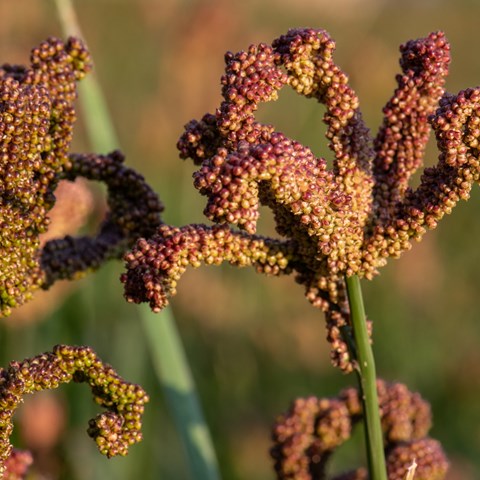Facts:
For more information go to the FAO webpage.

Healthy plants and plant environments are an absolute necessity for humanity, which is reflected in most of the 17 Sustainable Development Goals. This says authors from SLU, the Swedish Board of Agriculture and the Swedish Forest Agency in an article at the Swedish FAO Committee's website today.
A growing global population needs access to food. Many countries, including Sweden, are aiming to increase their food production. According to FAO, we will have to increase production globally by 60% by 2050. Great hope is also put into the forest as a carbon sink and as a producer of plant material that can replace fossil energy.
Today, harvests are reduced globally by 40% of pests (such as fungi, insects, weeds and nematodes), which equates to more than SEK 2 billion annually. It is also a threat to biodiversity.
Climate change also increases the risk of attack. In Sweden we have been spared from many globally important attackers thanks to our cold winters. As these become milder, more harmful species can survive from year to year.
In order to raise global awareness of the importance of healthy plants, the UN has designated 2020 as the International Year of Plant Health.
In order to achieve the global goals of sustainable development, we need:
During the plant health year 2020, we will focus together on the vital need for healthy plants.
Read the whole article at the Swedish FAO Committee's website (in Swedish)
For more information go to the FAO webpage.
SLU Global supports SLU's work for global development to contribute to Agenda 2030.
SLU Global
Division of Planning and Research Support
PO Box 7005, SE-750 07 Uppsala
Visiting address: Almas Allé 7
global@slu.se www.slu.se/slu-global
Subscribe to our newsletter and follow us in social media.